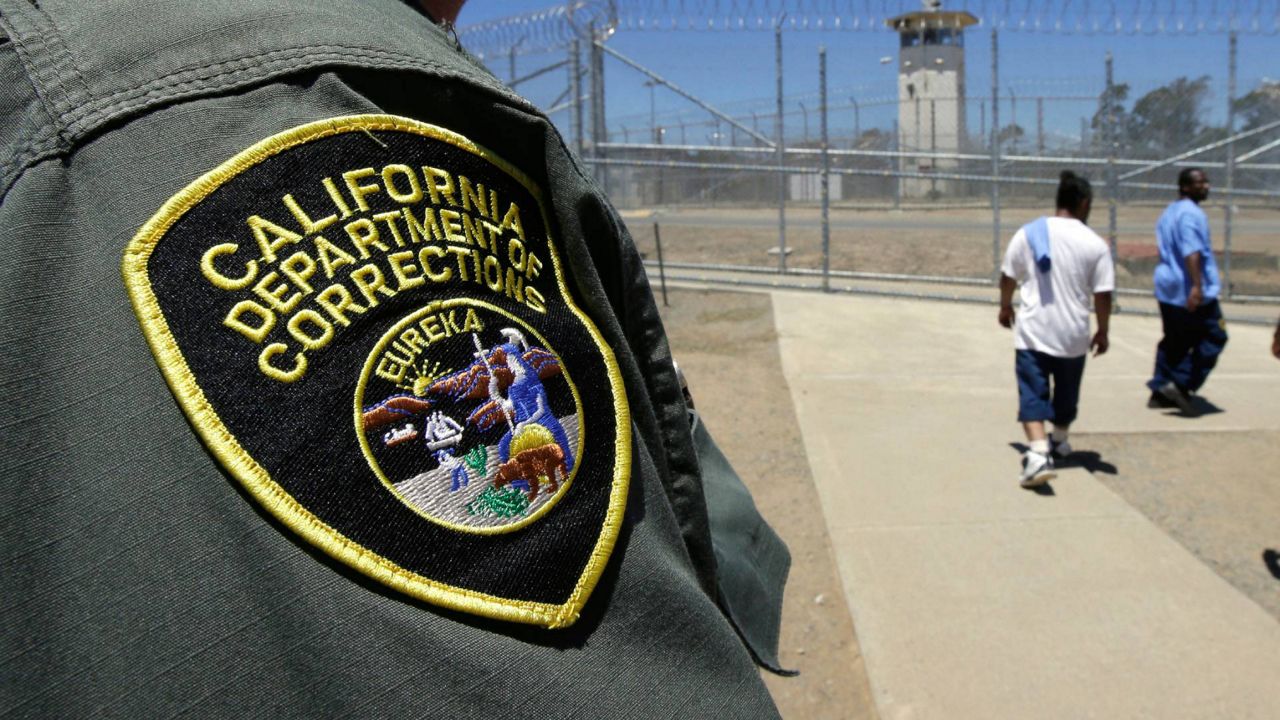SACRAMENTO, Calif. (AP) — California prison guards accused of abuse or other misconduct toward inmates are almost never punished so state corrections officials on Wednesday announced changes aimed at holding more accountable.
Prison wardens now decide what inmate complaints to investigate and what if any punishment gets imposed. The plan would give inmates more time to file a complaint and have a unit at corrections headquarters do the initial review.
What You Need To Know
- California prison guards accused of misconduct are almost always cleared of wrongdoing
- State corrections officials on Wednesday proposed changes aimed at holding more accountable
- The latest effort tries again to strip away some of wardens’ disciplinary powers
- It centralizes the initial review of inmates’ staff misconduct complaints in a separate headquarters unit
Corrections officials earlier this fall also proposed moving the appeals process into a separate division. They said that shift will "improve independence and reduce bias, whether real or perceived."
Corrections officials expect to roll out the new process in phases, with it fully taking effect by June 2023. Prison officials called the rules a "complete restructuring."
"We are striving to create an environment where the people in our custody or under our supervision, as well as staff, have confidence in our system, and can raise concerns without fear of retaliation," Corrections Secretary Kathleen Allison said in a statement.
The changes come after Inspector General Roy Wesley said in February that the system was neither fair nor independent. His office's review found wardens cleared more than 98% of prison employees, a rate even higher than the 97% who were exonerated when the inspector general's office criticized the old system in 2019.
Wesley's review found wardens never passed on most complaints and he described the whole disciplinary process as "broken" despite a $9.8 million annual budget infusion from state lawmakers.
For example, an inmate complained that guards beat him with batons, pepper sprayed him, then locked him in what he called a "miniature cage" for 6 1/2 hours without water or medical treatment. The warden kept the investigation at his prison and ultimately found no policy violations.
Wesley's office declined comment Wednesday, saying it will monitor the new procedures once they go into effect. The union representing most correctional officers said it can't comment because it is in negotiations over the new rules.
The new headquarters screening team will decide whether allegations of staff misconduct toward inmates or parolees will be handled by the prison's warden or investigated by the department's Office of Internal Affairs.
The caveat is that wardens would still get to decide what discipline to impose when misconduct complaints are substantiated, though they're supposed to follow a department-wide guideline for appropriate punishment, attorney Penny Godbold said.
She and Don Specter, director of the nonprofit Prison Law Office, are among lawyers representing inmates with disabilities in one of the major federal lawsuits that control much of how California's prison system operates. U.S. District Judge Claudia Wilken in March ordered corrections officials to reform how they investigate allegations of abuse of inmates by employees.
"It's a revamping of the whole internal affairs process," Specter said. "The larger plan is devoted to fixing the process for how the department deals with complaints about guard brutality, abuse, discrimination against incarcerated people — otherwise known generally as staff misconduct complaints."
Separately Wednesday, corrections officials moved to clarify good conduct credits for inmates that they first rolled out in May.
One change gives inmates up to two days off their sentences for every one day served for nonviolent offenses in firefighting camps and other minimum security work facilities. Those serving time for violent offenses can earn credits of up to 50% in fire camps and up to one-third for the time they spend in other work camps.
The earlier way of calculating the good conduct credits was causing confusion on when inmate firefighters would actually be released, officials said.
Another change will end good conduct credits for those sent to disciplinary housing for serious rules violations or things like refusing to participate in rehabilitative or work programs.



